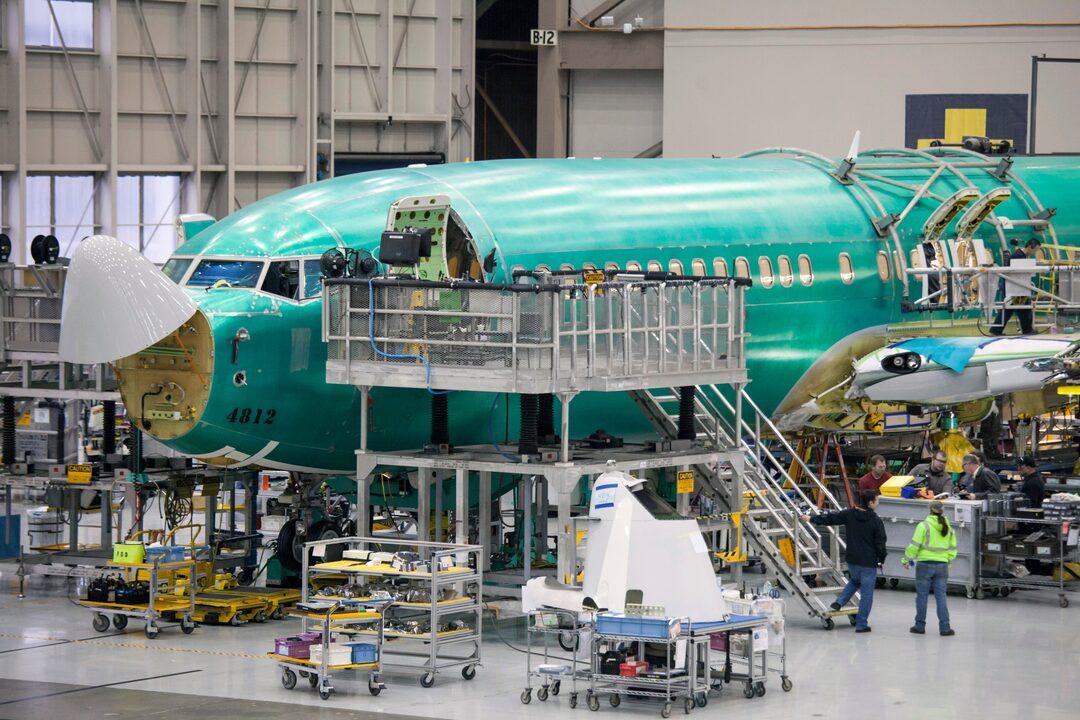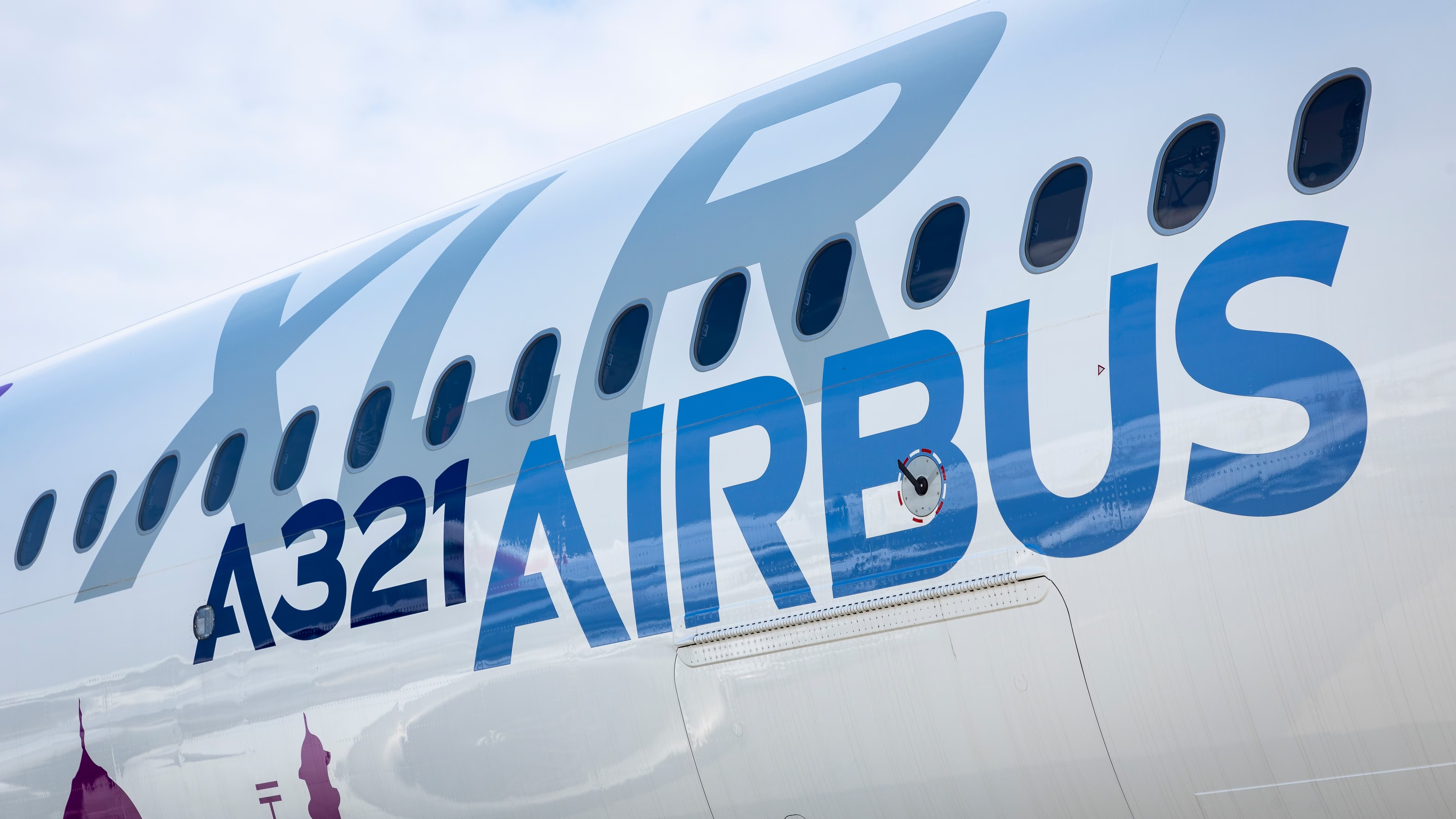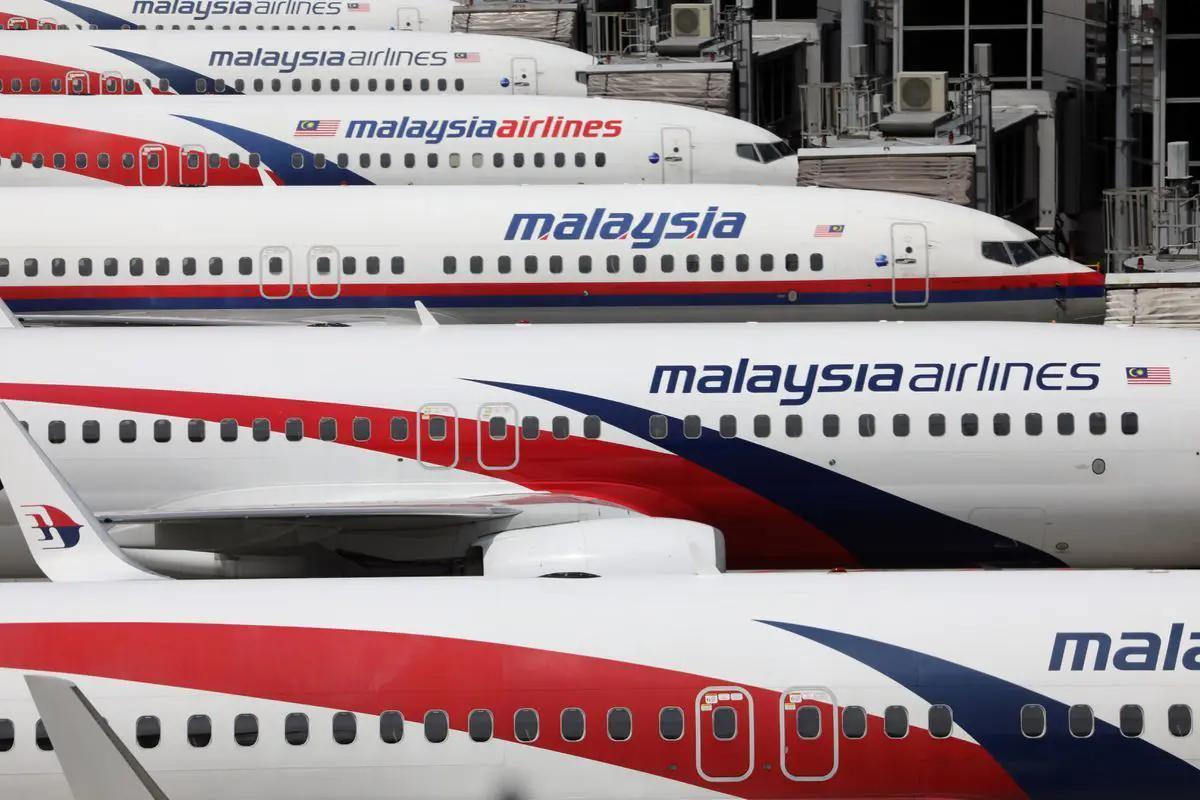
Smarter email, faster business. Auto-tag, parse, and respond to RFQs, quotes, orders, and more — instantly.
Trending Now:
What Boeing’s Production Ramp-Up Means for Supply Chain Accounting

What Boeing’s Production Ramp-Up Means for Supply Chain Accounting
When Boeing, a leading global aerospace manufacturer, announces a significant increase in production alongside the resumption of deliveries to China, the ramifications extend well beyond manufacturing operations. The company’s plan to elevate 737 Max output to 47 aircraft per month by the end of the year presents a complex set of challenges and considerations for CFOs, controllers, and finance directors. This production surge will have profound effects on global supply chains, cost accounting methodologies, and financial reporting frameworks.
The Broader Impact on Supply Chains
Boeing’s renewed production momentum follows a period marked by regulatory groundings, quality control issues, and geopolitical delays. As the company accelerates its manufacturing pace, supply chain accountants must confront heightened demands for components and raw materials. This escalation necessitates a thorough reassessment of inventory valuation techniques, landed cost calculations, the timing of deferred revenue recognition, and cash flow forecasting models.
Key customers such as Emirates have expressed optimism regarding Boeing’s turnaround, highlighting improved communication channels. Nonetheless, the airline also cautions that the rapid scale-up introduces additional layers of complexity. Boeing’s comprehensive strategy to increase 737 production underscores the intricate and demanding nature of managing such a substantial operational expansion.
Navigating Risks and Maintaining Continuity
Analysts at UBS maintain confidence in Boeing’s capacity to manage tariff-related risks and ongoing supply chain disruptions, crediting the company’s proactive measures to ensure supply chain continuity. However, the aerospace industry continues to face significant challenges, as exemplified by Northrop Grumman’s recent struggles with inflation assumptions and supply chain interruptions during the COVID-19 pandemic.
For Boeing, the stakes are considerable. Effective working capital management and robust supplier relationships will be critical to mitigating supply chain volatility. The company’s ability to coordinate with an extensive network of suppliers—many still recovering from pandemic-induced disruptions—will have a direct impact on its financial performance and the accuracy of its financial reporting.
Accounting Implications of the Production Increase
The planned production ramp-up compels finance teams to revisit and refine several key accounting practices. Inventory valuation will become more complex as throughput increases and inventory levels rise. Fluctuations in material and transportation costs will require vigilant monitoring to ensure accurate landed cost calculations. Additionally, accelerated delivery schedules may hasten revenue recognition, thereby influencing quarterly financial results. Finally, the increase in production volume demands more precise cash flow forecasting to prevent potential liquidity challenges.
Preparing for the Road Ahead
Boeing’s resurgence signals a positive trajectory for the aerospace sector but simultaneously highlights the intricate relationship between manufacturing decisions and financial reporting. For supply chain accountants and finance leaders, agility will be essential. This includes updating forecasts, strengthening supplier partnerships, and refining accounting processes to effectively manage the evolving landscape.
As Boeing advances toward full production capacity, the broader aviation ecosystem must brace for a new era characterized by heightened complexity in supply chain accounting and financial management.

Challenges Boeing Faced After Designing the 737 MAX for Larger Engines

China Reportedly Preparing to Place Major Airbus Order for Up to 500 Planes

Turkish Technic and CFM Discuss Launching LEAP Engine Repair Hub in Istanbul

Malaysia Aviation Group Acquires 30 Narrow-Body Aircraft

Delta Air Lines Opposes New Trump Tariffs on Aircraft Imports

Airlines Poised to Benefit from the Boeing 777X

NTSB Finds Engine Part Installed Backwards on American Airlines Boeing 737 That Caught Fire

Malaysia Airlines Expands AI Partnership with Google

Demand for New Business Jets Expected to Grow 11% in 2025
